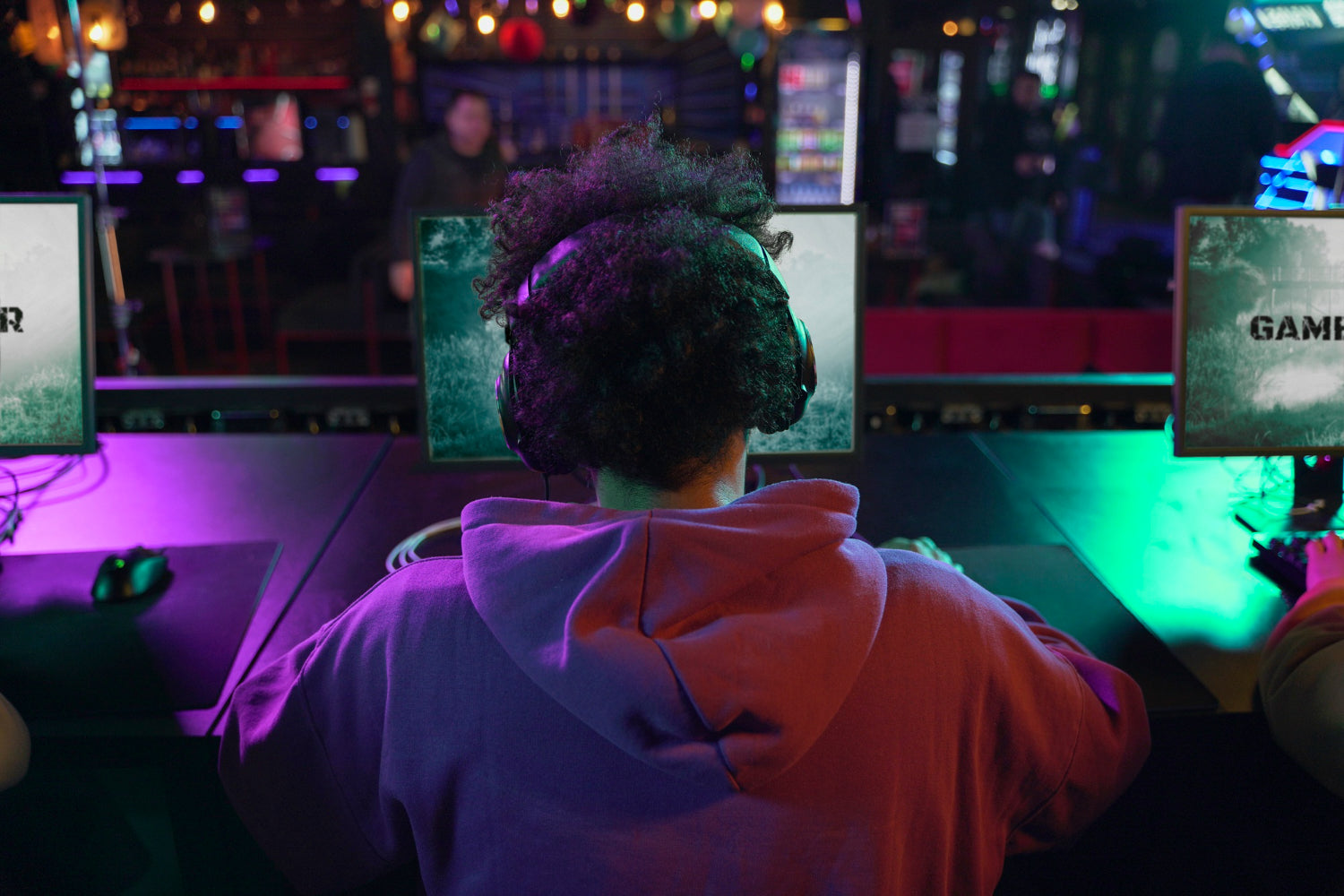Do you find your character frozen in action during critical moments of gameplay? That's lag, every gamer's nemesis. From stalling the pace of an exciting adventure to disrupting your winning streak in a multiplayer battle, lag can put a damper on your gaming experience. But, how can you combat this formidable foe? Here are some insightful tips to help reduce video game lag, improve your game's performance, and ensure smooth, uninterrupted gameplay.
1. Prioritize a Robust Internet Connection

Lag in online games often stems from a slow or unstable internet connection. To ensure seamless multiplayer battles and real-time strategy games, having a robust internet connection is crucial. A straightforward way to assess your internet speed is by using an online speed test tool. It helps you check your internet's ping rate and download speed. If you discover that your internet connection is the root cause of your game's lag, consider switching to a wired Ethernet connection, which typically offers more speed and stability than Wi-Fi.
2. Free Up System Resources
Another common cause of game lag is having too many programs running simultaneously. These background processes can consume a significant chunk of your system's memory, resulting in a drop in game performance. To resolve this, close all non-essential applications while gaming to free up system resources.
3. Keep Your Hardware Updated

Outdated or underpowered hardware can significantly contribute to game lag, especially with graphic-intensive games. If your PC's components, like the graphics card, processor, or RAM, are not up to the mark, consider an upgrade. Remember, hardware that matches or surpasses the game's recommended system requirements ensures a smoother gaming experience.
4. Optimize Game Settings
Most games provide a variety of settings that can be adjusted to enhance game performance. If you're experiencing game lag, tweaking these settings could be beneficial. For instance, you might reduce the game's resolution, disable anti-aliasing, lower texture details, or turn off other graphical features. These changes can significantly improve game speed and responsiveness.
5. Update Game and System Software Regularly
Regularly updating your game and system software is crucial in combating lag. Game developers routinely release patches that fix bugs, improve performance, and sometimes even add new features. Similarly, updates to your operating system and graphic drivers can enhance system performance, leading to a more smooth gaming experience.
6. Invest in a Gaming Monitor with Low Input Lag

A gaming monitor with low input lag can significantly reduce game lag. Input lag refers to the delay between an action performed in the game and when it's displayed on your screen. By investing in a monitor known for low input lag, you can enjoy a more responsive gaming experience.
7. Limit the Number of Connected Devices
Too many devices connected to the same network can impact your game's performance. This is because each device shares the available bandwidth. Try to limit the number of devices using the network, especially those engaged in bandwidth-intensive activities like video streaming or large file downloads.
8. Install Game Booster Software
Game booster software can be a great tool to enhance your gaming experience. These software optimize your PC for gaming, manage system resources, stop unnecessary processes, and eliminate software bottlenecks.
In conclusion, achieving a lag-free gaming experience might require some experimentation, as every gaming setup is unique. However, with these tried-and-tested tips, you're well on your way to defeating game lag and enjoying uninterrupted gaming.

0 comments